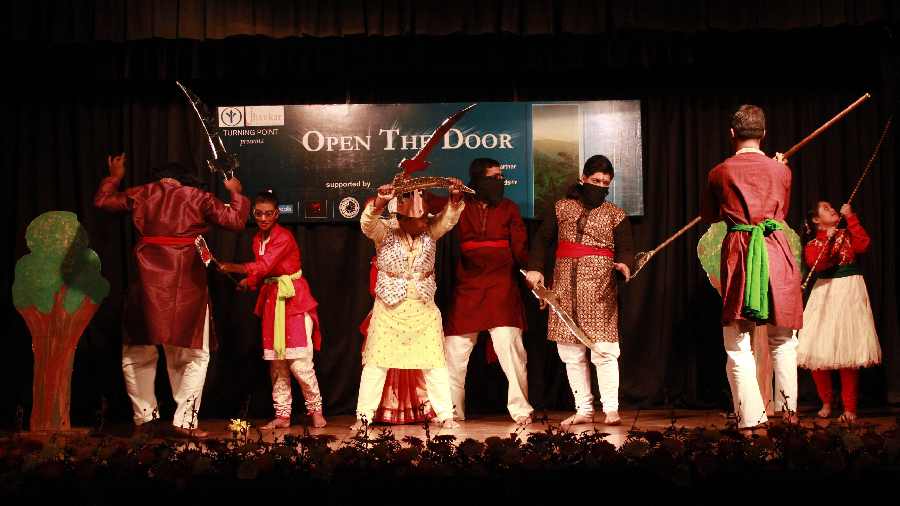A mental health organisation that opened doors of hope for many families who were reluctant to approach a conventional clinic is completing 25 years this January.
Turning Point started with three individuals at a time both awareness and acceptance of mental illness were low. Over a quarter century, it has touched the lives of thousands of individuals.
Turning Point’s founder-director, Ishita Sanyal, spoke to The Telegraph on Friday about how the perception of parents or society on mental illness has changed.
Parents and families are definitely more willing to seek help than before, she said.
The presence of psychologists in schools has helped parents approach professionals without feeling embarrassed, she said.
But most parents seek help only when their child’s studies are affected and there is a dip in performance.
The stigma around mental illness is less now but not gone.
“Many vulnerable children still get bullied in school and that lowers their self-esteem and aggravates the condition,” said Sanyal.
Sanyal has seen a perceptible change in women.
“Many women now have the independence to question. They seek help for their mental peace, which was not there earlier,” she said.
Turning Point has been working with individuals with schizophrenia and borderline-to-moderate intellectual disability.
A 27-year-old came to Turning Point because of delusions that had impacted her job in an IT firm. She underwent therapy and was able to go back to work, Sanyal said.
Another individual, a teenager, was so violent that his mother would control him with a broomstick. Over the years the boy learnt to control his anger, even when instigated.
People with mental health issues get better with therapy, but many of them are looked down upon on their return to normal life. “But many are good enough to take care of others in their families,” said Sanyal.
There have been instances of people cutting ties with the organisation and anyone working there fearing they will be “labelled and that would impact their future life”.
A woman cut off ties just before her marriage. Her father told her nobody from the organisation could be invited to the wedding lest someone came to know about her past mental health problems.
Another woman cut off ties when she adopted a child.
“There are people who sever relationships with us because they think that if their place of work comes to know about their condition, they will be asked to leave. I don’t blame them,” said Sanyal.
It is important to have more awareness and acceptance in society that would remove the taboo.






